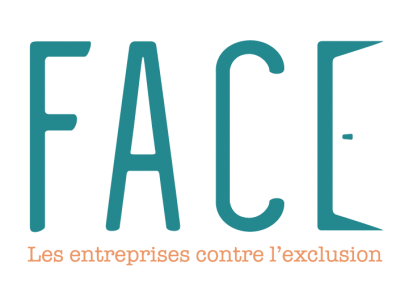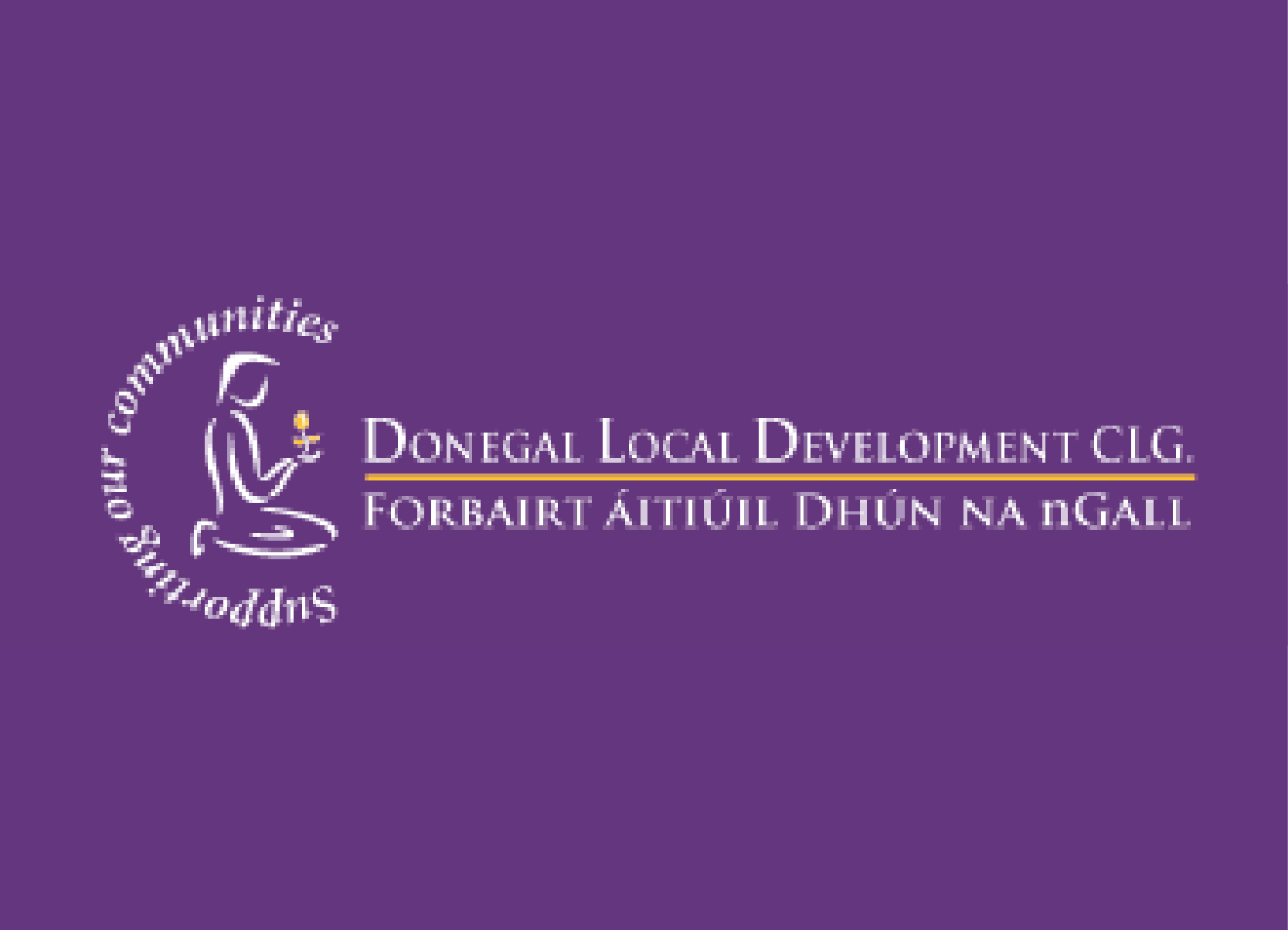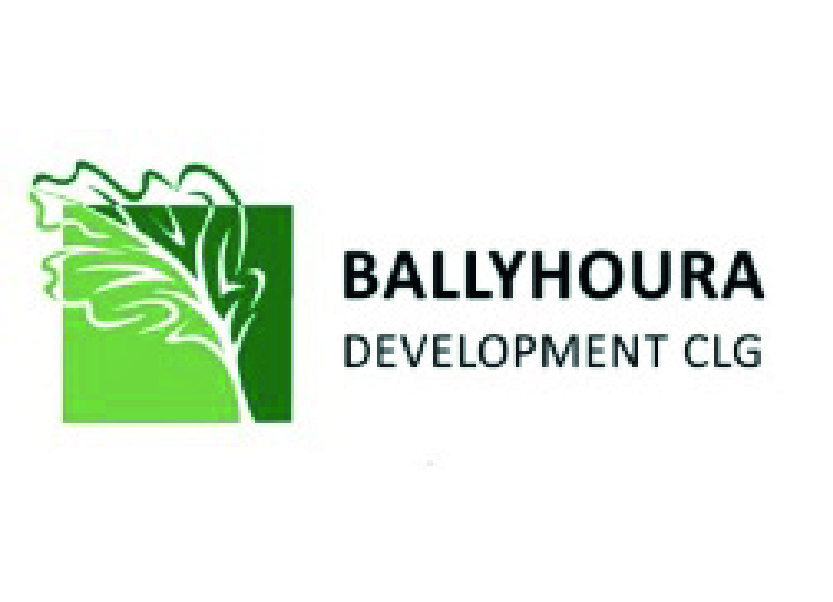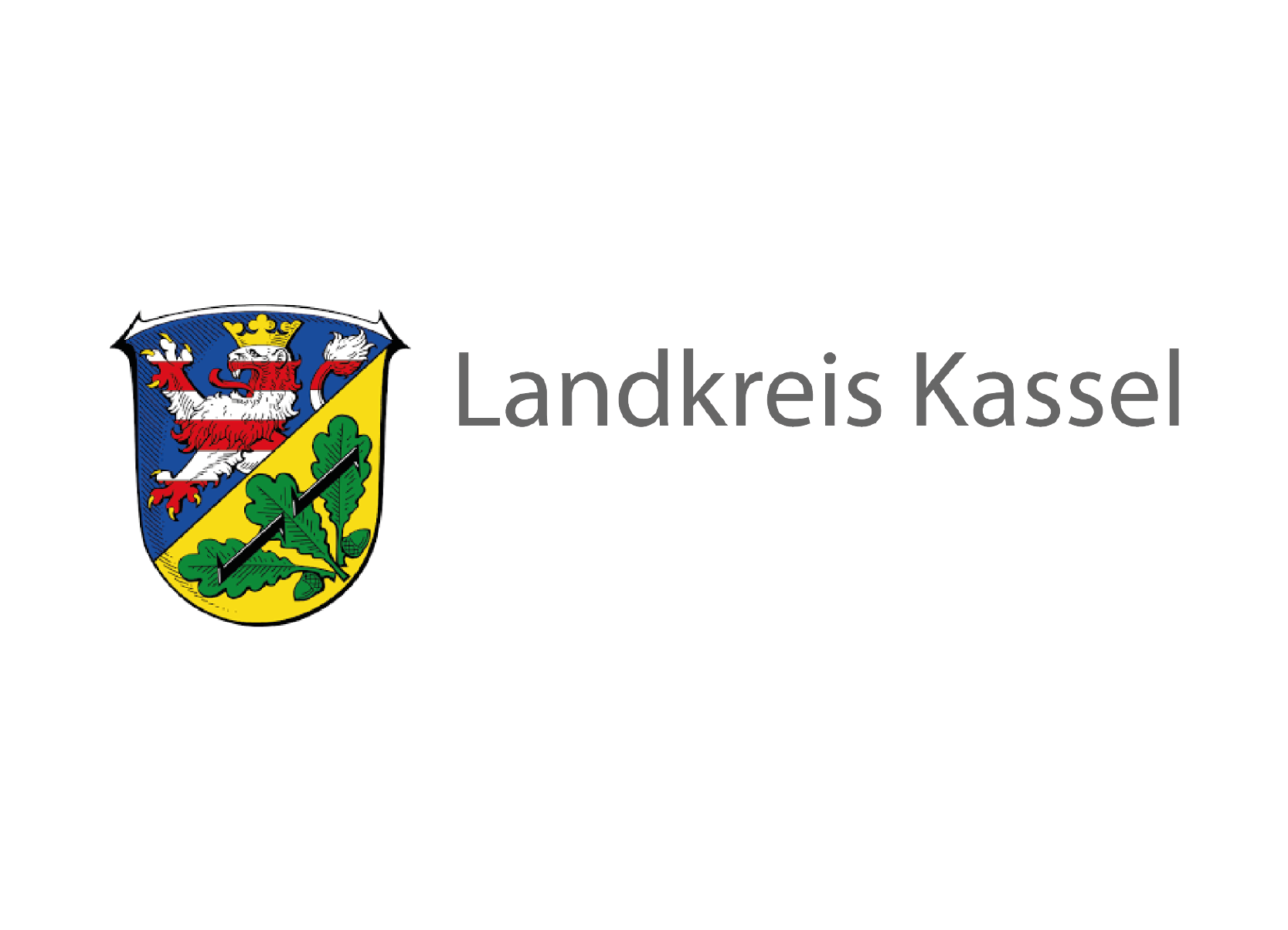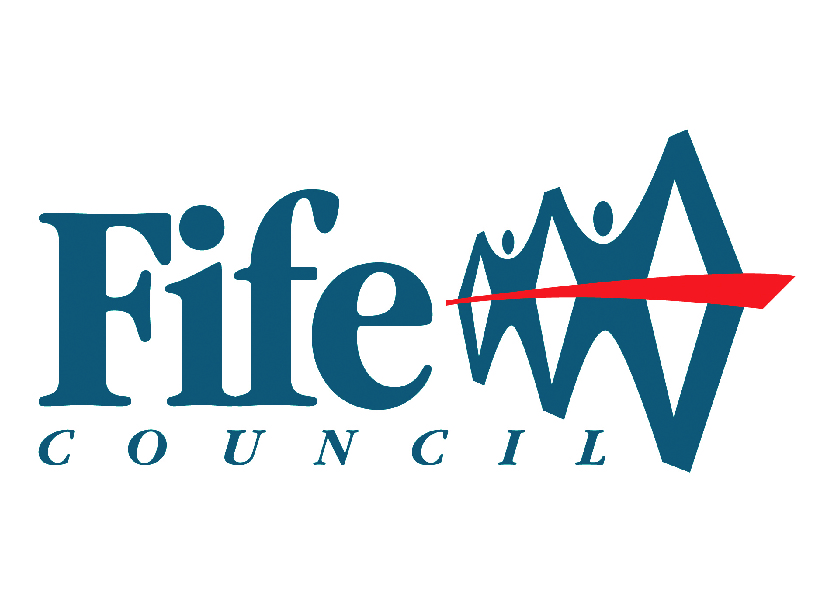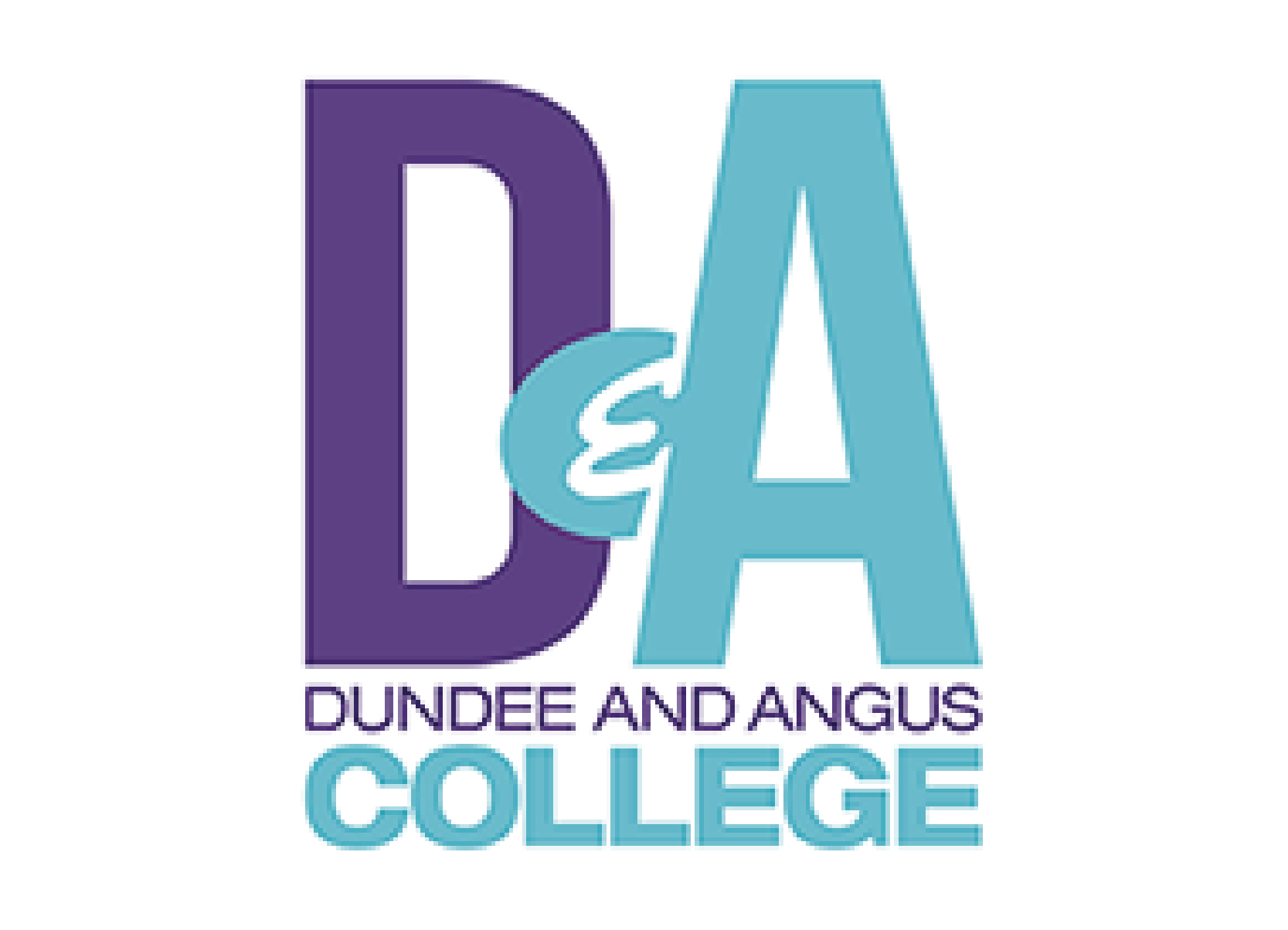DEHOGA Hessen (DE)
The hotel and restaurant association DEHOGA is a trade organisation for gastronomers and hoteliers. More than 4 000 business people from the gastronomy and hotel industry have joined forces in DEHOGA Hessen. They come from different countries and run different businesses including small restaurants as well as large hotels. DEHOGA promotes the image of the catering industry and supports training in hotels and gastronomy.
Deutsche Märchenstraße e.V. (DE)
The German Fairy Tale Route association is an organisation that supports the touristic activities of more than 60 municipalities and over 20 hotel partners. The association has a close relationship with several local and regional touristic organisations and hotel partners, which represent some of the nationwide hotel enterprises in Germany.
Agentur für Arbeit (DE)
The Employment Agency Korbach covers the geographic scope of the two districts Waldeck Frankenberg and Schwalm Eder Kreis. The agency is responsible for about 13.000 unemployed people (55,7% men, 44,3% women - Nov. 2017). Its main tasks are: Job consulting of young adults, students and academics, Placement of jobs and training places, Employers consulting and Promotion of vocational training and professional develop.
Apex Hotels Dundee (UK)
One of the main high-end hotels in the region.
Dundee City Council (UK)
Dundee City Council are the municipality governing the City of Dundee. As the city turns from its historical industries, it is reinventing itself as a city of discovery with key tourist angle. The city waterfront is undergoing a £1bn redevelopment. Numerous hotels and restaurants are opening to take advantage of the additional 250,000 tourists per year expected.
Angus Council (UK)
Angus Council are the municipality governing the Angus region of Scotland. With a continued emphasis on the hospitality sector and tourism.
Federation of Small Business (UK)
As an organisation, one of their key provisions is to provide a powerful voice aimed at government policy for the small business persons.
Dundee and Angus Chamber of Commerce (UK)
Dundee and Angus Chamber of Commerce have over 570 business members in the region. They can provide access to these businesses and provide expertise and intelligence on requirements in the region.
Square 67 Ltd (UK)
Local restauranteurs
Dalata Hotel Group PLC (IE)
Dalata Hotel Group PLC is the largest hotel operator in Ireland, with a wide portfolio of 3 and 4 stars hotels.
Department of Social Protection (IE)
The DSP is the largest government department in the state. It is responsible for operating the public employment service and directly funds a wide range of employment programmes and citizen advisory services.
Munster Vales CLG (IE)
Munster Vales CLG is a company which was established in 2014 to promote the Munster Vales region.
Limerick & Clare Education & Training Board (LCETB) (IE)
Limerick and Clare Education & Training Board (LCETB) is a statutory authority which has responsibility for education and training, youth work and a range of other statutory functions.
IBEFE Bw (Instance Bassin Enseignement qualifiant – Formation – Emploi) du Brabant wallon (BE)
AREA is an institutional structure representing a platform to foster the exchanges and discussions among VET providers, educational and employment actors. The objective is to ensure that the trainings provided correspond to the expectation of the local actors.
MISSION REGIONALE POUR L’EMPLOI EN BRABANT WALLON (MIRE BW) (BE)
The MIRE BW is an organisation working on the socio-professional integration of vulnerable people. It works on the long-term employability and on the development of skills and competences fostering their access to the labour market.
Provincie Limburg (NL)
Among the priorities published by the province of Limburg in the social agenda, the tourism and the HORECA sector have been prioritized. Limbourg is the second touristic destination in the Netherlands and these two sectors are key for their economy. Similarly, they place NEETs and their integration at the core of the public policies. UNEET responds to their needs in all these aspects.
Pôle Emploi (FR)
Pôle Emploi is the French governmental agency that helps unemployed people through financial aid and support in their job search. It supports unemployed people to integrate the labour market and works alongside companies on their recruitment needs.
Donegal Education and Training (ETB) (IE)
Education and Training Provider. Donegal ETB is the statutory provider of education in Donegal, with responsibility for education and training, youth work and a range of other statutory functions. Donegal ETB provides a wide range of Further Education and Training Courses. It has strong links with the hospitality sector and delivers a number of courses to train young people.
Donegal Hoteliers Association (IE)
HORECA Representative. This organisation represents 35 hotels and the main employer in the hospitality sector in Donegal. It is envisaged that these organisations will be able to offer employment opportunities and career paths to the young people.
The Old Manor (UK)
The Old Manor hotel, situated in the seaside village of Lundin Links is extremely active within the community employing over 30 members of staff.
Anderson Gilmour Limited (UK)
Anderson Gilmour Limited is a company working in the HORECA sector, employing more than 30 people under 30 ages.
Adam Smith Global Foundation (UK)
The Adam Smith Global Foundation is working to promote social and economic regeneration within his home town of Kirkcaldy and hinterland and to support the eradication of poverty through international development. The Foundation is working with partners locally, nationally and internationally to achieve this aim.
Regional Skills Forum (IE)
The Regional Skills Forum will be involved in identifying the skills needs of the Hospitality industry.
Department of Social Protection (IE)
The Department of Social Protection is the government Department supporting unemployed people.


